Deep Dives into Deep Time
Though our three-week deep-dives focus on particular subjects, they are designed to connect across disciplines. Thus each deep-dive integrates history, literature, philosophy, science, poetry, composition, and public speaking, as well as such skills as note-taking and outlining.
In 2020-2021, The Star-Splitters stood in wonder before comedy, the moon, the law, Shakespeare, the science of sleep, and more. In 2021-2022, we studied 3D printing, monsters in literature and culture, the history of the United States through the lenses of landmark Supreme Court cases, the life cycle of a research question, the designs of scientific studies, the deep structures of poetry, and the physics of simple machines. This year, we dove into digital and sentential logic, Macbeth and The Gunpowder Plot, America in the 1920s, U.S. history through a study of iconic jazz records, and much more.
Each deep-dive follows a similar progression, exercising the tools and habits of mind required to learn within any field. We come to understand the fundamental concepts and terms of a given subject (which we record in a terms list, for example). We organize those concepts into clear, logical shapes (such as outlines) and then repeatedly exercise our understanding of those connected concepts by identifying them in examples (which we do during class discussions), and by the creation of work that clearly and creatively communicates our understanding: essays, poems, models of the brain, orreries, hand-made mosaics, etc.
The students' understanding is regularly exercised during in-class discussions, final exams, and when making final creative/analytical works. As Abby noted one day when we were comparing and contrasting students' original Cinderella stories with versions from China, Greece, France, Scotland, and Germany—a process that saw students energetically flipping through their binders so that they could support their analytical claims with specific evidence drawn from the primary source material—"We're like literary lawyers!"
Supporting claims with data and other forms of specific evidence is another crucial part of the Star-Splitter educational design. Whether citing a specific clause in the Constitution to support a claim in our law school class, or quoting from the beginning and end of A Christmas Carol to support a point in a comparison/contrast paper, or citing an aspect of Henri Bergson's incongruity theory of comedy to support an interpretation of a moment in a poem or in a comic sketch, the students are learning, in every field, the importance of speaking and writing with specificity, authority, and clarity.
In all that we do, then, The Star-Splitters are learning how to learn, and how to communicate what we learn with precision, creativity, and wonder.
Click on the portfolios below for glimpses of some what we have been up to.

The Writers' Room: Visual Storytelling

The Gates of Logic: Digital and Sentential Logic

"The Road Not Taken"

Camera Obscura

If the Shoe Fits: A World History of Cinderella

Monsters' Ink

Ancient Tools of Mathematics and Physics
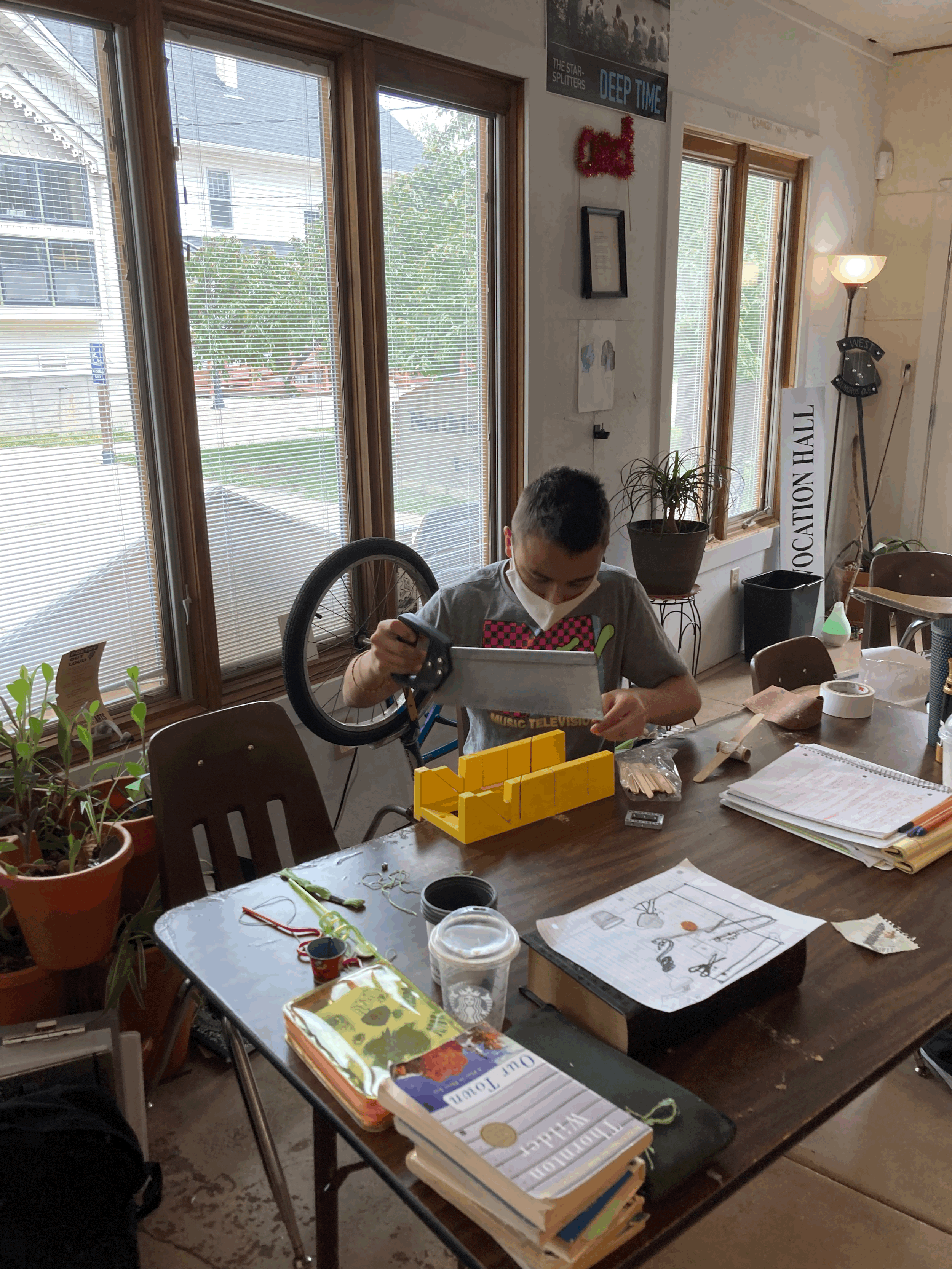
Rube Goldberg Variations: Applied Physics (Design and Build Week)
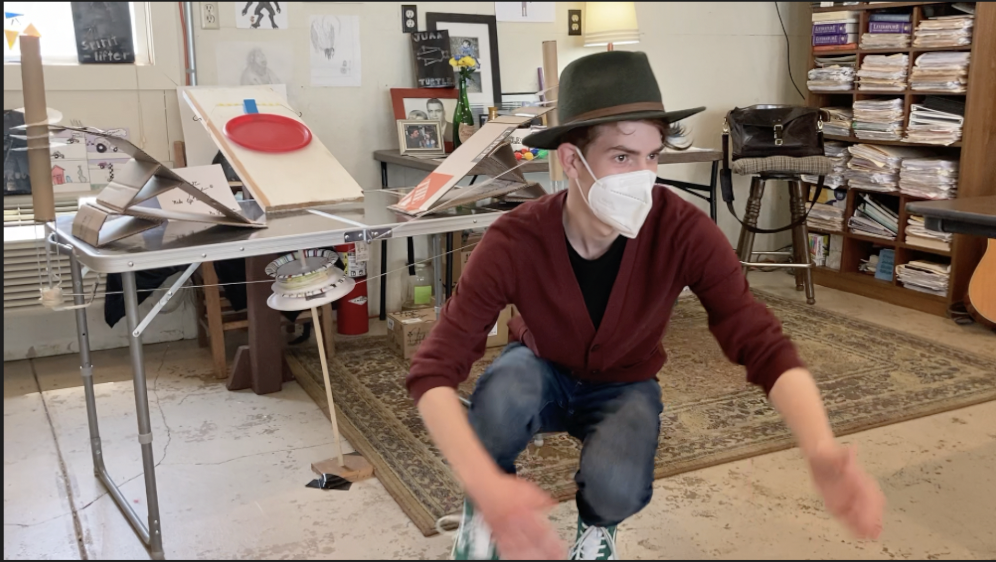
Rube Goldberg Variations: Applied Physics (Project Demonstration Week)

The Scientist in the Lab / The Scientist in the World

1L: Torts

2L: U.S. History Through Landmark Supreme Court Cases

The Star-Splitter Sleep Lab

Bard College

Moon School

The Design Principles of Poetry

3D Making and Paradigm Shifts in Science

Walking and Thinking
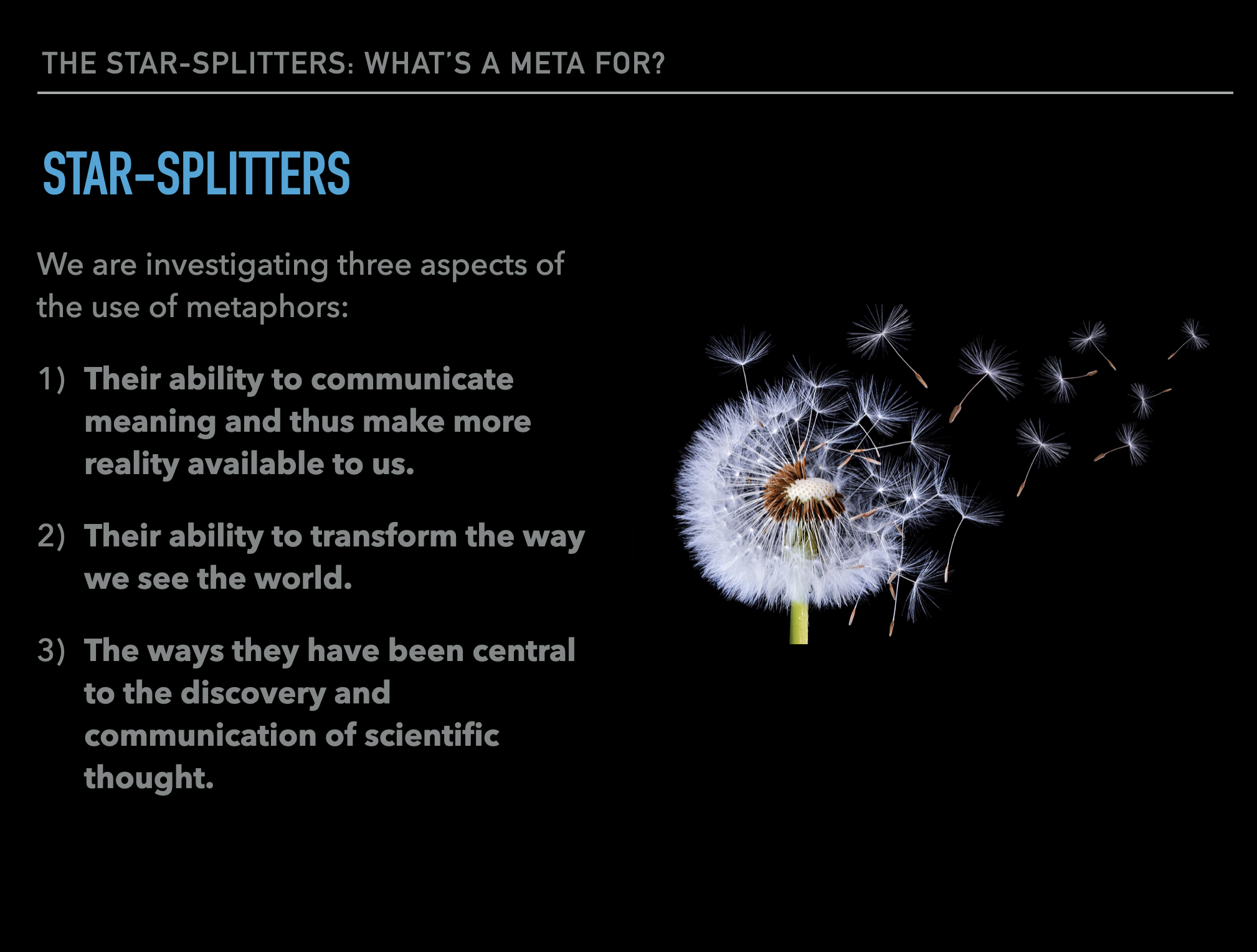
What's A Meta For?

Comedy School

The Sticks of Thales

Robert Burns Week

Memes and Marginalia

"Lean On Me"--Music Video by the Star-Splitters
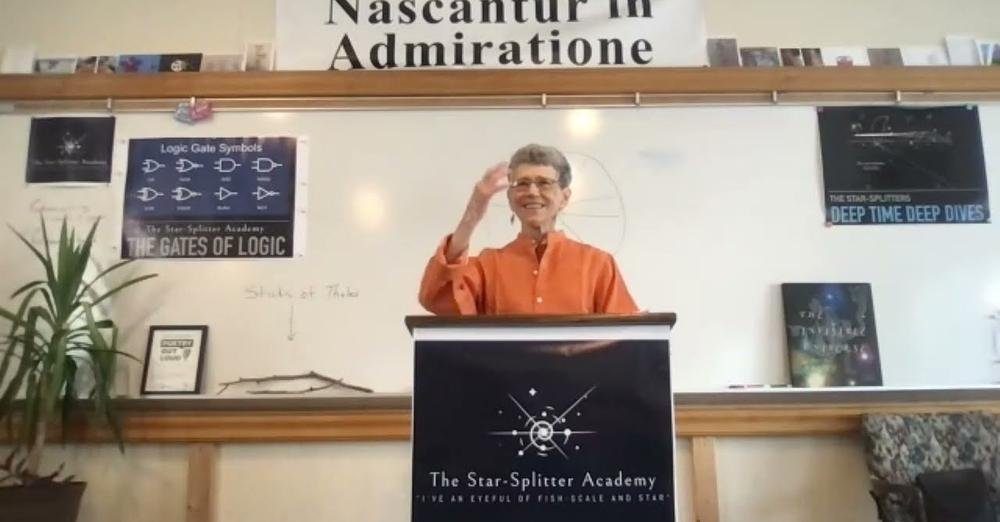
Orientation 2022-2023

The Jazz Age: U.S. History in the 1920s

The Star-Splitter Salon
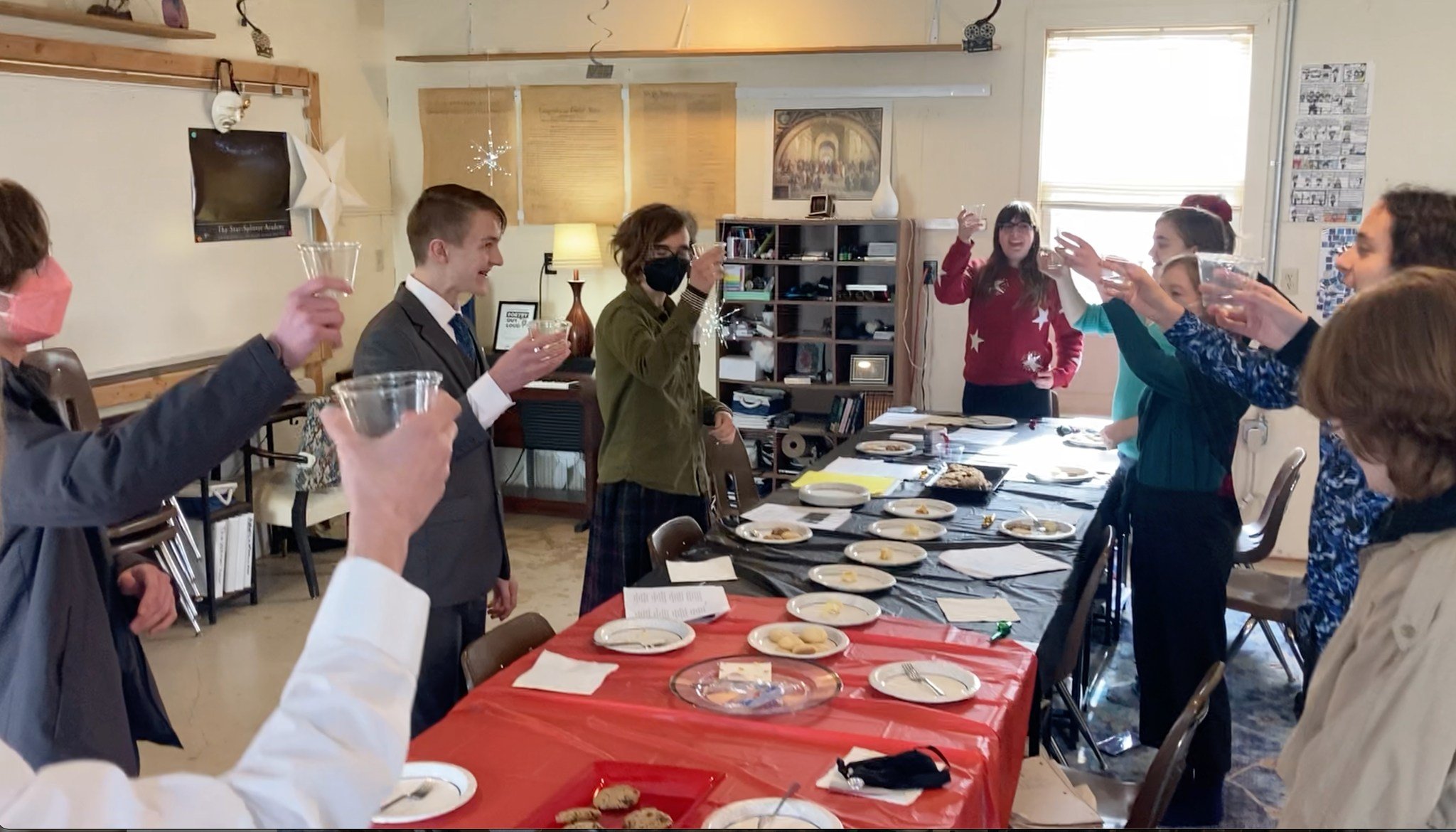
Burns Brunch (2023)
